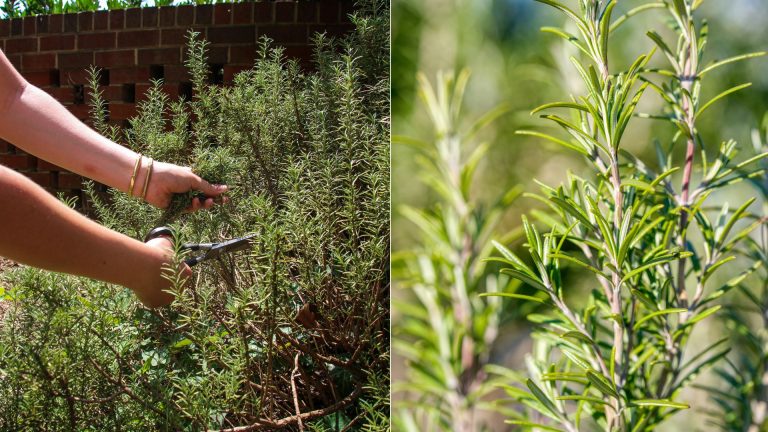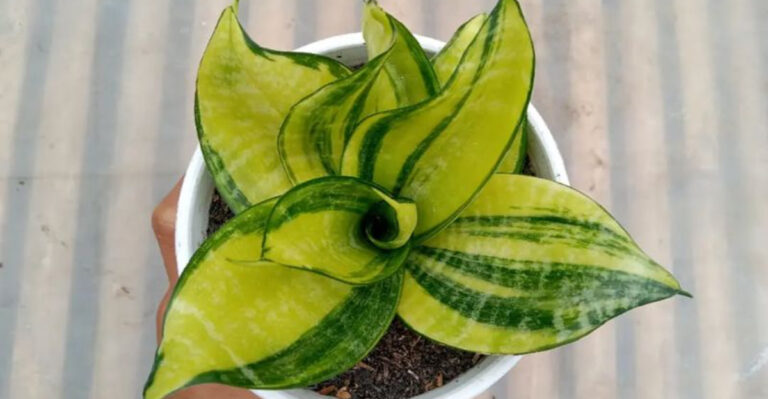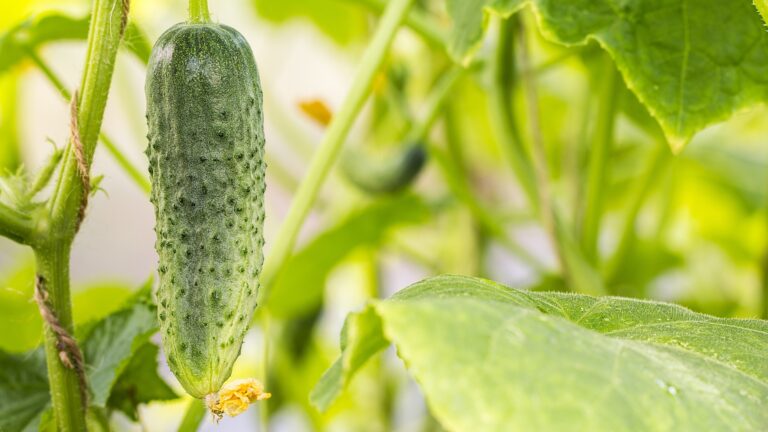The Simple Trick That Helps Texas Lemons Fruit In Winter
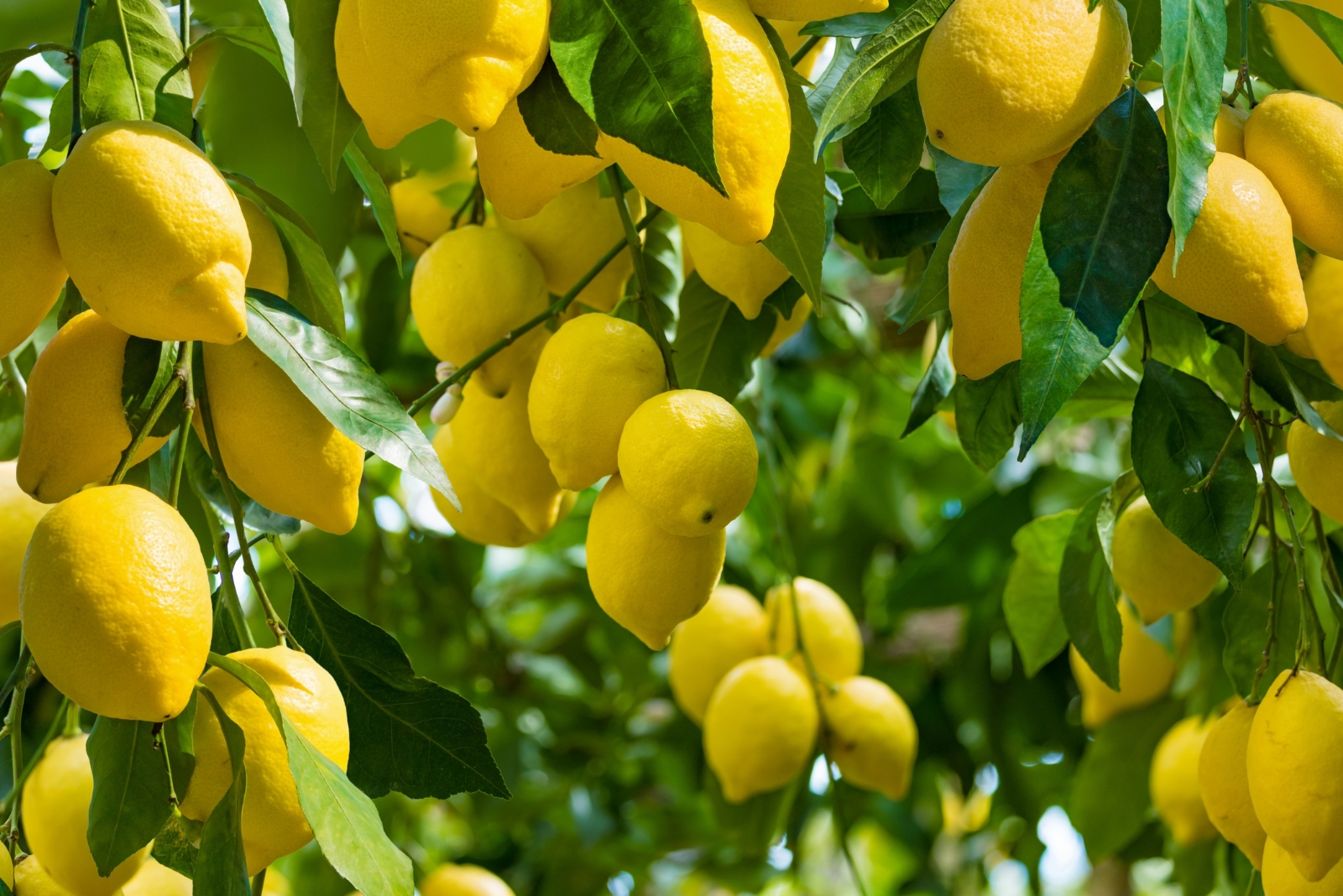
I never expected something as simple as warm morning watering to push my Texas lemon tree into winter fruit mode, but it really did. Giving the roots a gentle boost of warmth early in the day keeps them steady when the cold tries to throw them off.
I started doing it out of frustration one chilly week, and the difference shocked me. If your lemons look sleepy in winter, this little ritual might wake them right up.
1. Reduces Cold Shock to Root Systems

Cold water straight from the hose can startle lemon tree roots, especially during chilly Texas mornings. When roots experience sudden temperature drops, they slow down their ability to absorb nutrients and moisture.
Warm water creates a gentler transition, keeping roots active and ready to support fruit development. Gardeners across Texas have noticed their trees respond better when the water temperature matches the air around them.
Your lemon tree stays healthier and more productive throughout winter with this thoughtful approach.
2. Encourages Nutrient Uptake During Dormancy

Lemon trees in Texas enter a semi-dormant state when winter arrives, but they still need nutrients to produce fruit. Cold soil temperatures can lock up essential minerals, making them harder for roots to access.
Warming the soil through morning watering helps unlock these nutrients, allowing trees to feed themselves properly. Many Texas citrus growers report fuller, juicier lemons when they maintain this consistent watering schedule.
Your tree gets the nutrition it craves without fighting against frozen ground conditions.
3. Prevents Frost Damage Before Sunrise
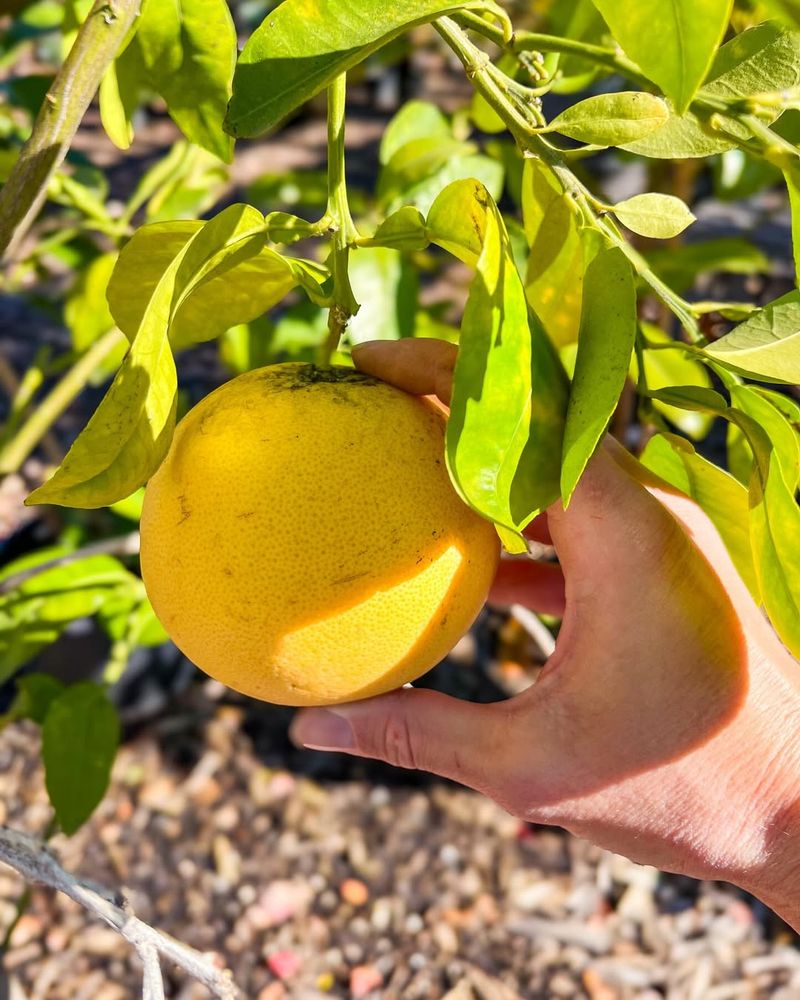
Frost can sneak up on Texas lemon trees during those unpredictable winter nights. Watering with warm water before sunrise creates a protective moisture layer around the root zone that moderates temperature swings.
This buffer zone helps prevent ice crystals from forming in the soil and damaging delicate feeder roots. Experienced gardeners in Texas time their watering perfectly, right when dawn breaks and before frost can settle in.
Your lemons stay safe from those sneaky cold snaps that threaten winter harvests.
4. Stimulates Microbial Activity in Soil
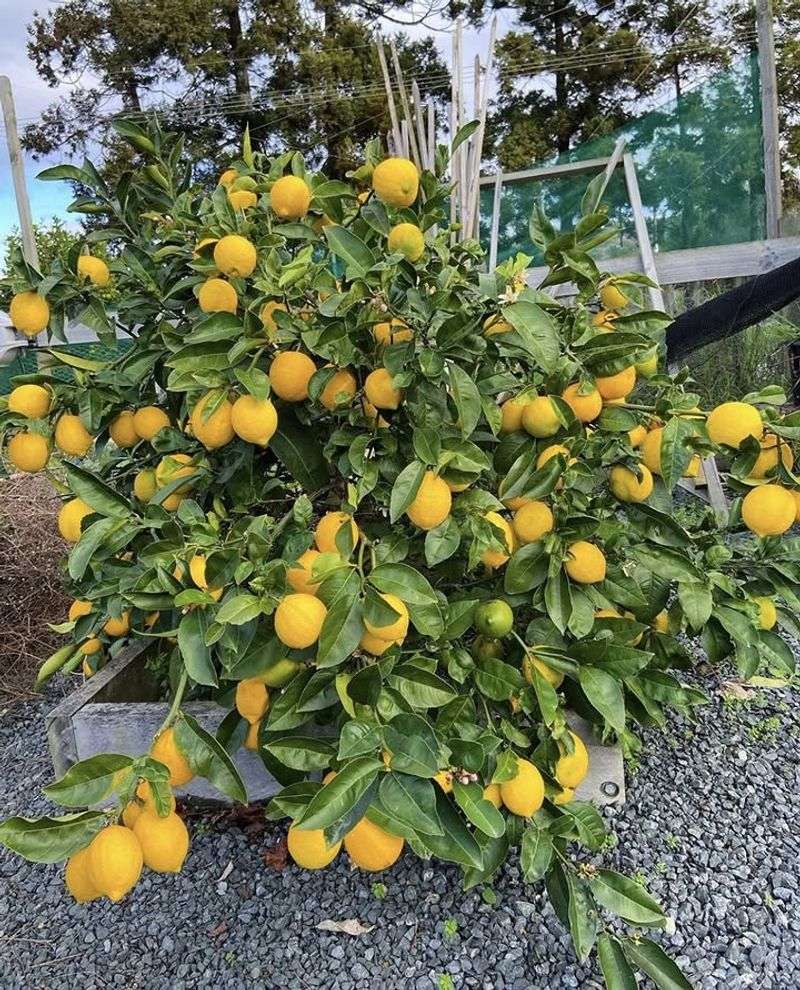
Beneficial microbes living in your Texas garden soil become sluggish when temperatures drop. These tiny helpers break down organic matter and create nutrients that lemon trees need for fruiting.
Warm morning water wakes up these microscopic workers, boosting their activity levels throughout the day. Soil scientists have found that slightly warmed soil supports healthier microbial communities during winter months.
Your lemon tree benefits from an underground team working overtime to support fruit production all season long.
5. Maintains Consistent Soil Temperature

Temperature fluctuations stress lemon trees more than steady cold ever could. Texas weather loves to swing between warm afternoons and freezing nights, confusing your citrus.
Regular warm-water applications each morning create thermal stability in the root zone, preventing wild temperature swings. Trees that experience consistent soil temperatures focus their energy on fruit development instead of survival stress.
Your lemons grow bigger and sweeter when the tree feels secure in its environment, even during unpredictable Texas winters.
6. Boosts Photosynthesis Efficiency Early
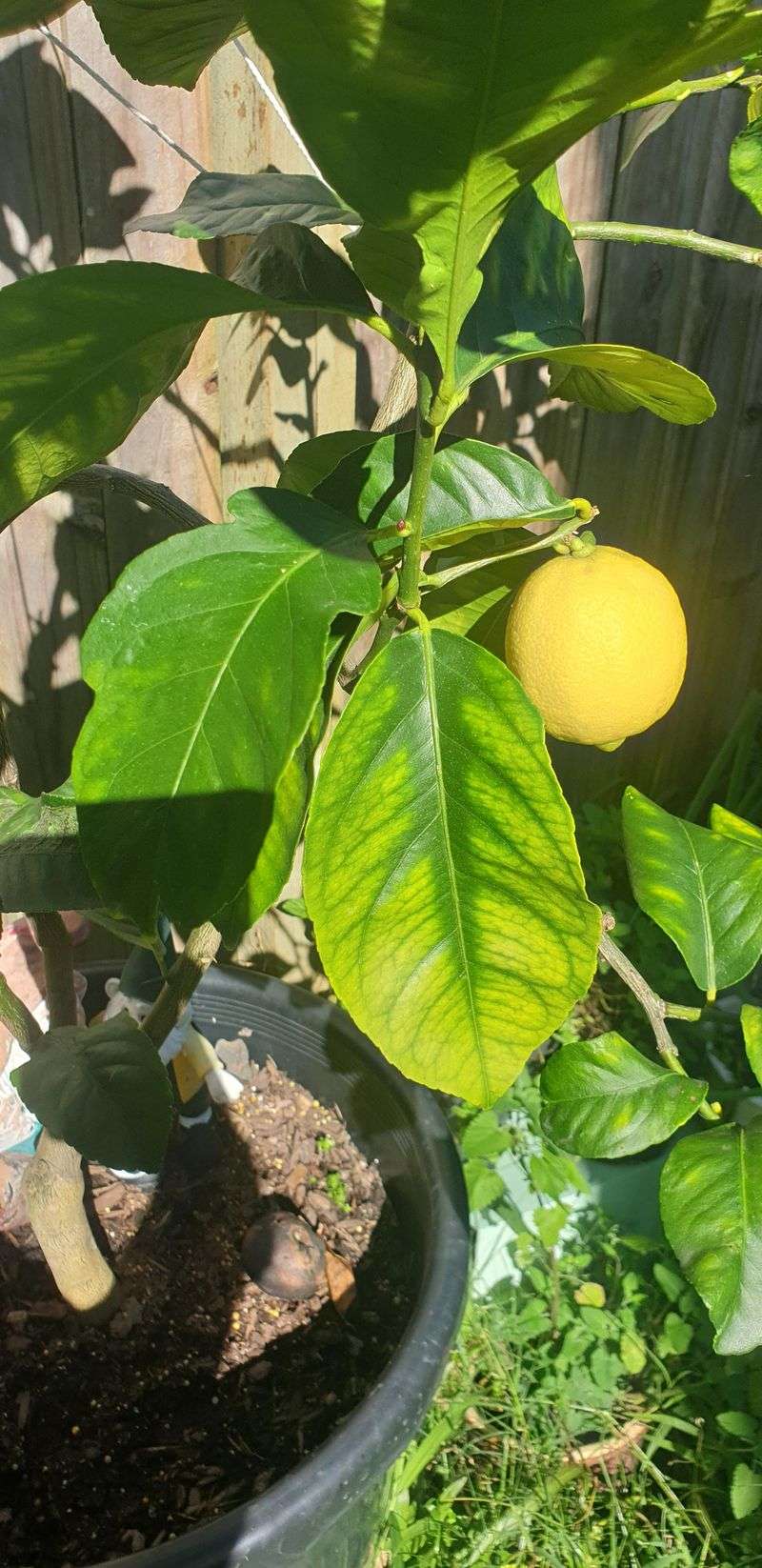
Photosynthesis slows down considerably when lemon trees are cold, limiting their ability to produce energy for fruiting. Morning watering with warm water gently raises the overall tree temperature as the sun rises.
This head start helps leaves begin photosynthesis earlier in the day, maximizing energy production during shorter winter daylight hours. Texas gardeners who use this method often see more blossoms and better fruit set.
Your tree captures every precious ray of winter sunshine, converting it into delicious homegrown lemons.
7. Reduces Water Stress During Dry Winters
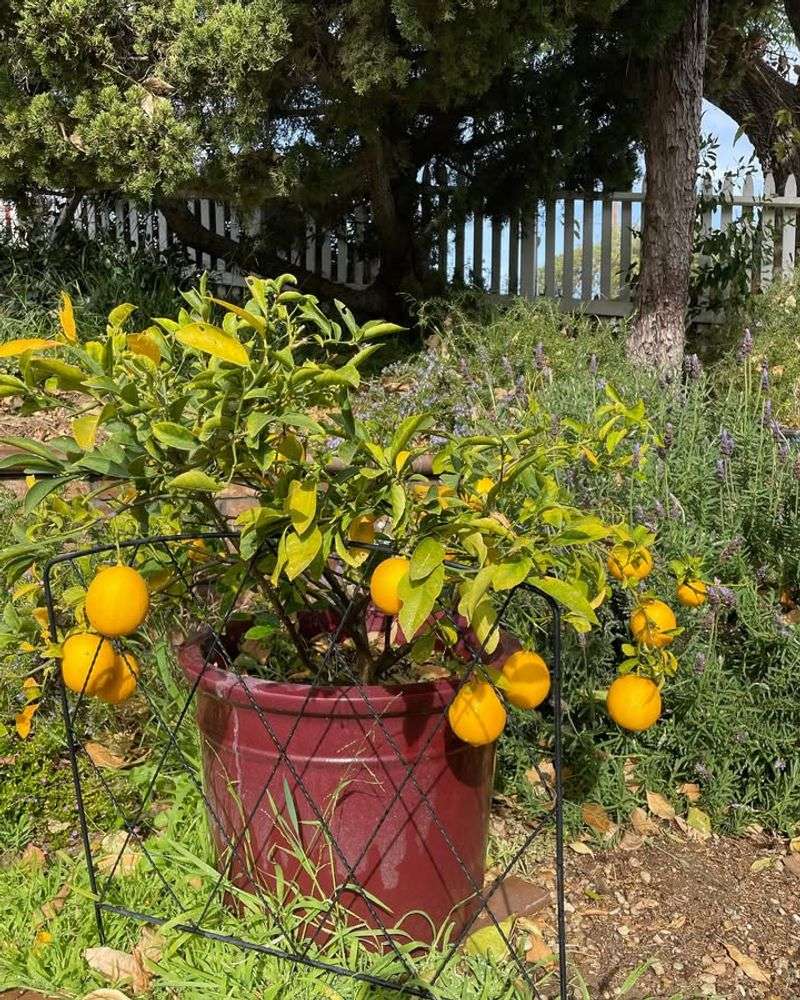
Texas winters can be surprisingly dry, and lemon trees still need regular moisture to support fruit development. Cold water sits in the soil longer without being absorbed, sometimes leading to root rot or inadequate hydration.
Warm water gets absorbed quickly and efficiently, ensuring your tree receives proper hydration without waterlogging. Citrus experts in Texas recommend this technique specifically for maintaining the perfect moisture balance.
Your lemon tree stays hydrated and productive, delivering fresh fruit throughout the coldest months of the year.


